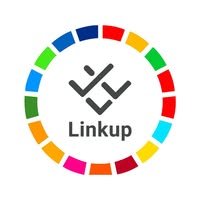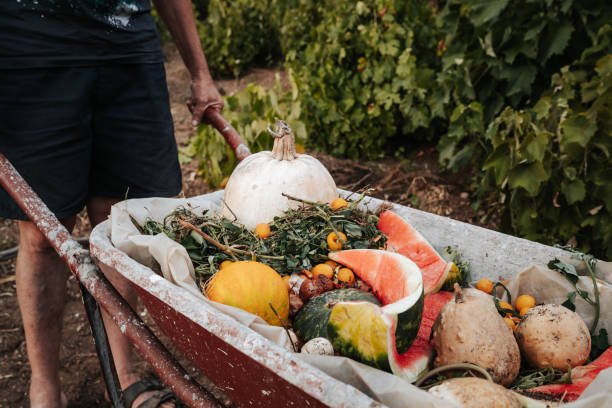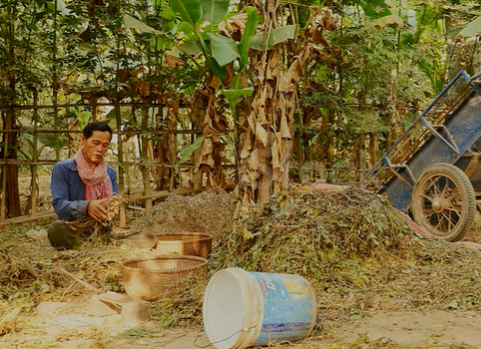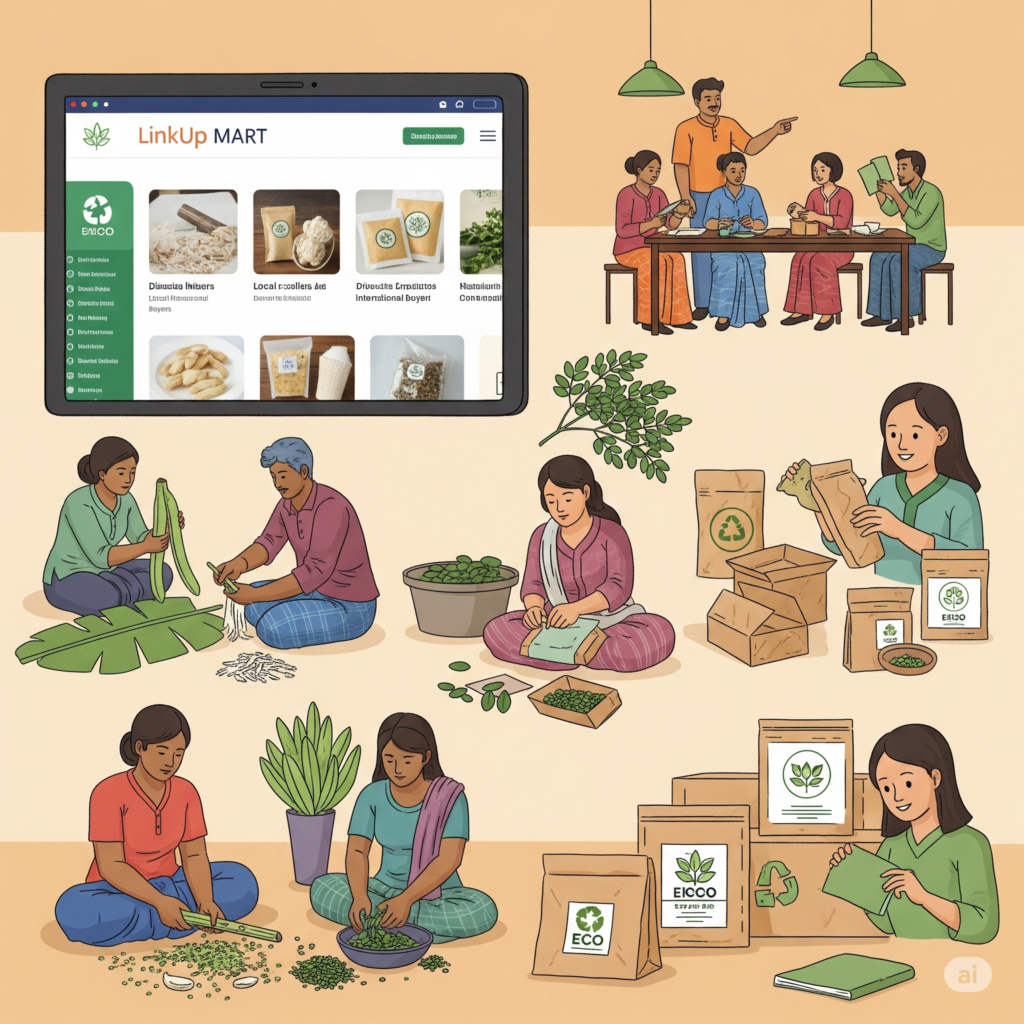In Bangladesh, agricultural waste often goes unnoticed—treated as little more than a by-product of farming. Yet, this untapped resource holds immense potential to create jobs, boost rural incomes, and promote sustainable development. At LinkUp Mart, we believe that agricultural waste is not waste at all—it’s a hidden goldmine waiting to be transformed into products the world needs.

The Untapped Potential of Agricultural Waste
From banana stems to rice husks, from sugarcane bagasse to moringa leaves—Bangladesh produces millions of tonnes of agricultural by-products each year. Most of these are discarded, burned, or left to rot, harming both the environment and local economies.

However, with the right approach, these so-called “wastes” can be processed into valuable commodities such as:
- Natural fibers for textiles from banana or pineapple plants
- Organic fertilizers from crop residues
- Dried vegetable powders (like radish or moringa powder) for health-conscious consumers worldwide
- Eco-friendly packaging materials from rice husks or jute waste
- Banana leaves for food packaging, a sustainable alternative to plastics
These products have growing demand in global markets, where eco-friendly and ethically sourced goods are on the rise.
The Challenges We Face
While the potential is vast, rural communities in Bangladesh face three main hurdles:

1. Lack of Awareness
Many smallholder farmers don’t realize that the agricultural by-products they discard could be a source of steady income. Turning banana stems into yarn or cane leaves into vinegar ingredients sounds unfamiliar, so awareness-building is key.
2. Resistance to Change
Shifting from traditional farming routines to processing and selling agricultural waste takes time and trust. Farmers often worry about risks, especially if they’ve never seen such initiatives succeed before.
3. Market Access Barriers
Even when products are made, connecting them to buyers—especially international buyers—is challenging. Market syndicates and middlemen often block rural producers from getting fair prices.
How LinkUp Mart is Changing the Game
Our platform, linkupmart.com, connects rural producers directly to both local and global buyers. Here’s how we’re making it happen:
- Training & Awarenes-We work with communities to teach them how to process waste into high-demand products.
- Product Development–Helping farmers and rural producers meet international quality standards.
- Direct Market Access–Sellers can list their products on LinkUp Mart and reach buyers worldwide, without relying on unfair intermediaries.
- Sustainable Partnerships–Partnering with eco-conscious brands abroad that value ethical sourcing.

A Win for People, Planet, and the Economy
By transforming agricultural waste into valuable goods, we not only reduce environmental harm but also open up new income streams for rural communities. This means:
- Less pollution from open burning of crop residues
- More jobs in rural areas, especially for women and youth
- Greater export potential for Bangladesh
- A step closer to a circular economy where nothing is wasted
At LinkUp Mart, we are proving that what was once thrown away can now be a stepping stone toward prosperity.
Join us in building a future where agricultural waste becomes an opportunity—for Bangladesh and for the world.
